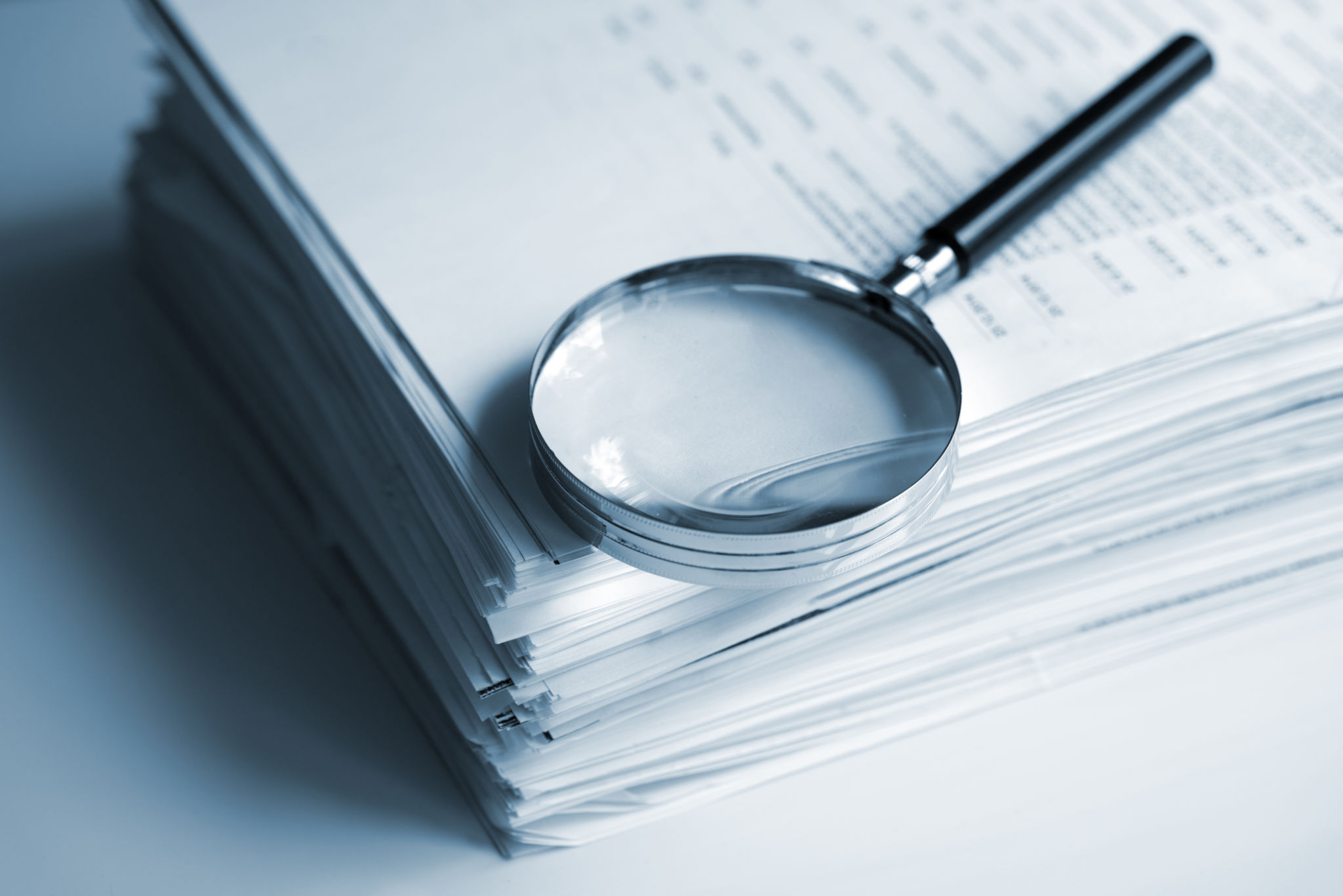The Role of Due Diligence in Business Acquisitions
4M
Understanding Due Diligence
In the realm of business acquisitions, due diligence plays a crucial role in ensuring that all parties involved make informed and confident decisions. This process involves a comprehensive appraisal of a business to assess its commercial potential and identify any risks or liabilities. Essentially, due diligence acts as a safeguard against unexpected surprises that could potentially derail an acquisition.
Conducting thorough due diligence requires examining financial records, legal obligations, intellectual property, operational processes, and much more. By doing so, buyers can verify the accuracy of the information presented by the seller and evaluate whether the investment aligns with their strategic goals.

Financial Assessment
The financial aspect of due diligence is arguably its most critical component. This involves a deep dive into the target company's financial statements, tax returns, and forecasts. The goal is to ensure that the financial health of the company has been accurately represented and that there are no hidden financial liabilities.
Key areas to focus on during financial due diligence include:
- Reviewing historical financial performance
- Analyzing cash flow statements
- Evaluating profit margins and revenue trends
- Assessing financial projections and underlying assumptions

Legal and Compliance Check
Another pivotal aspect of due diligence is the legal review. This involves scrutinizing the target company's legal standing, including its contracts, licenses, and compliance with regulatory requirements. The objective is to uncover any legal risks that could impact the valuation or operational stability of the business.
Legal due diligence ensures that there are no pending lawsuits or regulatory breaches that could pose future challenges. It also involves verifying ownership of assets and ensuring there are no undisclosed liens or encumbrances.

Operational and Cultural Evaluation
An often overlooked but equally important part of due diligence is evaluating the operational effectiveness and organizational culture of the target company. This involves looking at the internal processes, supply chain management, and overall efficiency of operations.
Cultural compatibility is also a significant consideration, especially when it comes to integrating teams post-acquisition. Understanding the company's work environment and values helps in planning for a smoother transition and integration process.
The Importance of Thoroughness
Conducting due diligence is not just about checking boxes; it requires a meticulous and systematic approach. The depth of investigation can vary depending on the size and nature of the acquisition, but thoroughness is key to uncovering potential risks that could affect the success of the deal.
A well-executed due diligence process can greatly enhance buyer confidence, leading to better negotiation outcomes and more favorable terms. It also enables both parties to manage expectations and establish a solid foundation for future collaboration or integration.

Conclusion
Due diligence is an indispensable step in business acquisitions, providing critical insights into the target company's operations, finances, and potential risks. By investing time and resources into this process, buyers can make more informed decisions, mitigate risks, and ultimately achieve a successful acquisition.
The role of due diligence extends beyond just identifying problems; it also offers opportunities to uncover hidden value and strategically position businesses for growth. As such, it serves as a cornerstone for building successful business relationships in the competitive landscape of mergers and acquisitions.
